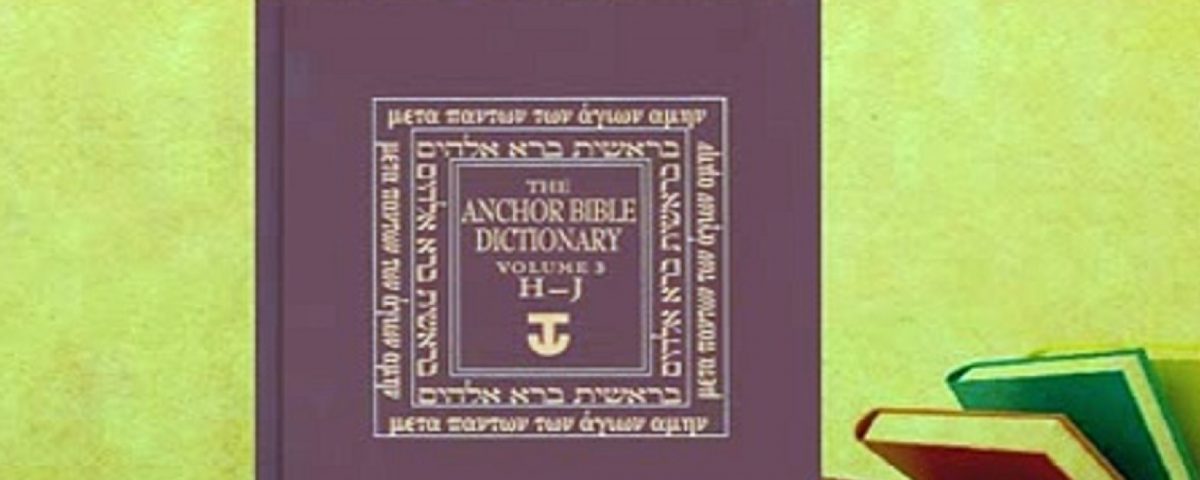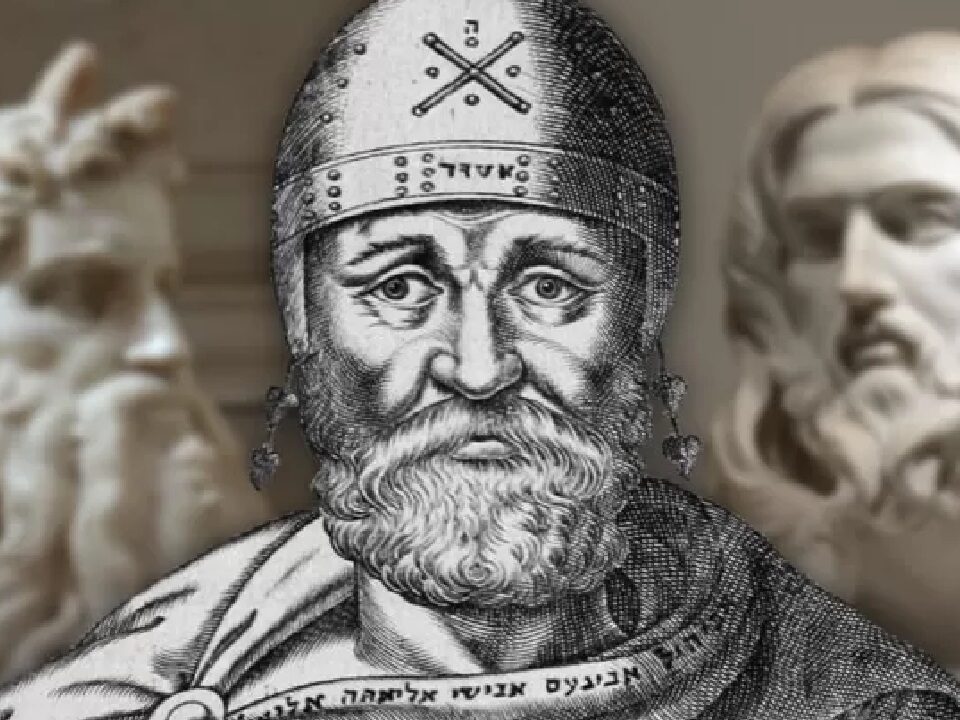
The cringe at the heart of Christmas
February 3, 2020
The son of man, he is human!
February 3, 2020Anchor Bible Dictionary, “Incarnation”

1st-century Judaism knew a good deal of speculation about hero figures who had been exalted to heaven and given some participation in God‘s judgment, e.g., Enoch, Abel, and the mysterious Melchizedek (Jub. 4:22–23; T. Abr. 13:1–6; 11QMelch 10). According to Matt 19:28 and 1 Cor 6:2–3, Christians themselves were to take part in the final judgment. None of this would have been understood to imply the deity or preexistence of the individuals named.
The talk of ―taking the form of a slave, being/becoming in the likeness of men, and being found/having proved himself to be like man‖ (Phil 2:7) is probably to be reckoned the earliest expression of incarnation christology. On the other hand, Adam christology elsewhere in Paul focuses on Christ‘s death and resurrection, not on his birth, as the decisive moments of epochal significance (Rom 2:15–19; 1 Cor 15:20–22, 45–50). And the distinctiveness of Adam christology from gnostic redeemer myth lies precisely in the fact that the life, and death, of a historic individual (Jesus) is perceived as imbued with suprahistorical significance for humankind as a whole, rather than that a preexistent divine being entered the alien territory of the human form. (Adam, properly speaking, was prehistoric rather than preexistent.) Moreover, the regular link between Ps 110:1 and Ps 8:6 elsewhere in earliest christology (1 Cor 15:25–27; Eph 1:20–22; Heb 1:13– 2:8; 1 Pet 3:22; cf. Phil 3:21) suggests that Christ‘s exaltation to lordship following his Adamic death was also seen in Adamic terms; that is, not as a restoration to a heavenly status previously enjoyed, but as the fulfillment of God‘s purpose in creating man in the first place (―to put all things under his feet‖), ―to the glory of God the Father‖ (Phil 2:11). So, perhaps the issue is not so clear-cut as is usually assumed to be the case.
The debate is the same in other expressions of Adam christology. In 1 Cor 15:47, ―the second man, from heaven‖ is almost certainly the exalted Christ. Although some have argued along the lines of the gnostic redeemer myth that ―the man from heaven‖ is the spiritual, preexistent prototype of Adam (the Primal Man), Paul explicitly denies this: the spiritual comes after the natural; it is the risen Christ who is the prototype of resurrected humankind (15:46–49). In 2 Cor 8:9, on the other hand, there is an ambivalence similar to that in Philippians 2. Is Christ‘s richness his preexistent state, and is Christ‘s becoming poor his incarnation? Or is the richness that of unbroken fellowship with God (such as Adam had enjoyed before the fall) and the poverty the state of separation from God, particularly in his death (cf. Mark 15:34)? The parallel with 2 Cor 5:21, if anything, suggests the latter.
Similarly, the talk of the appearing of the one predestined from the beginning of time, in passages such as 2 Tim 1:9–10, Heb 9:26, and 1 Pet 1:20, seems to be a fairly clear expression of preexistence and incarnation, until we remember that similar language is used of Moses in T. Mos. 1:14: ―chosen and appointed, and prepared from the foundation of the world, to be the mediator of the covenant.
The birth narratives of Matthew 1–2 and Luke 1–2 are not allegories such as those that characterize Philo‘s exposition of the Pentateuch. But the problem of discerning where midrash and poetic imagery end and where literal claims begin in the birth narratives permits of no easy resolution. To be sure, the imagery of birth (the coming into existence of a new human being) does not immediately mesh with the idea of incarnation (the enfleshment of one already preexistent). But that is less of a problem if we recognize the metaphorical and midrashic character which such descriptions would be assumed to have within a 1st-century Jewish context. Whether fresh ground had in fact been broken would only become evident when the idea of virginal conception was subsequently integrated into the more powerful concept of incarnation. Matthew, in fact, is not far off from doing just that. For not only does he make good use of the virginal conception tradition (Matthew 1–2), but he also goes beyond the earlier portrayal of Jesus as the emissary of Wisdom to a portrayal of Jesus as Wisdom herself (Matt 11:19, 25–30; 23:34–36; 37–39). Not only so, but he also takes up the language of divine presence and depicts Jesus as ―God with us‖ (1:23; 18:20; 28:18, 20). Here is confirmation that Wisdom was not thought of as a divine being other than God (not even the Son of God in that sense), but as God himself in his active concern for and outreach to his creation and people. It is because Jesus was seen as the complete embodiment of that concern and outreach that he could be spoken of in such terms, with the function of the birth narratives used as much to underscore the point that he embodied this divine presence from the first. In this sense, at least, we can speak of a concept of incarnation in Matthew, even if it does not come to explicit expression as such.
A claim that God had revealed himself in king, prophet, sage, or righteous man could be expressed in a variety of hyperbolic language without breaching philosophic or theological conventions. But to claim that the Eternal had become man in order to die was a step beyond.
The recognition that Wisdom christology is the most obvious root of incarnation christology also has an important corollary, particularly when it is recalled that in Jewish thought Wisdom is not a being independent of God but is God‘s self-manifestation. The point is that Christ is the incarnation of this Wisdom/Word. To speak of Christ as himself preexistent, coming down from heaven, and so forth, has to be seen as metaphorical, otherwise it leads inevitably to some kind of polytheism—the Father as a person, just like Jesus was a person (Lampe 1977). Whereas, what a Wisdom/Word christology claims is that Jesus is the person/individual whom God‘s word became. Even to speak of the incarnation of the Son of God can be misleading, unless the Son christology of John is seen, as it was probably intended, as an expression of the same Wisdom/Word christology; otherwise, there is the danger of a too literal translation of Father-Son language once again into a form of polytheism—that very abandoning of the oneness of God of which Jew and Muslim accuse Christians. The incarnation doctrine which comes to expression in the NT is properly understood only if it is understood as the incarnation of God‘s self-revelation, in that sense as the incarnation of God himself. The issue which caused the breach with Jewish thought and with Judaism is the charge against the Johannine Jesus, that ―you being a man, make yourself God‖ (John 10:33).

